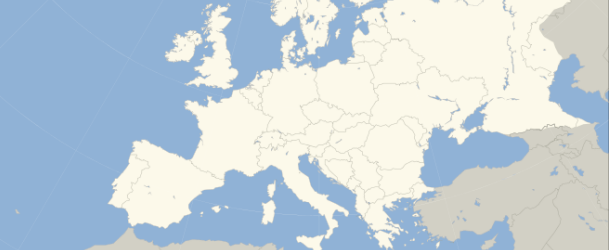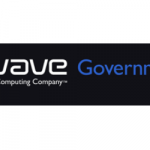Inside Europe’s Battle Over the Future of Quantum Computing

(NewStatesman) As the quantum race plays out in universities, tech companies and government research labs around the world, EU officials in Brussels are becoming increasingly fearful about how the technology will develop, who will have access to it and what they will use it for. And the UK, a pioneer in quantum research and just three months into its new trading relationship with the EU, is currently the focus of its concerns.
John Morton, a nanoelectronics professor at UCL and a co-founder of Quantum Motion, compares the current race to build quantum computers to the mid-20th century’s furtive computing research. “We’re in this early 1950s where everyone’s trying out these new ways to build quantum computers and many of them are trying quite exotic ways using super conducting circuits or ions.”
Quantum Motion’s ground-breaking experiment took place in UCL’s quantum research lab in Bloomsbury, but it used a device that had been manufactured at CEA-Leti, a French, government-funded microelectronics facility in Grenoble. The project was part of the latest phase of the European Union’s €1bn flagship quantum research programme, and is one of the most significant breakthroughs to have emerged from the initiative so far.
However, the UK’s future participation in the programme is now at risk. On the instruction of Thierry Breton, the EU’s internal market commissioner, the UK, alongside Switzerland and Israel, now faces being locked out of the Horizon Europe science programme in areas that may jeopardise national security, including quantum computing and space. Quantum researchers in the UK and across Europe fear that such a move would not only harm the British quantum sector, but Europe’s too. Of the 19 projects in the EU’s Quantum Flagship research programme, which is funded by Horizon Europe, British universities and companies participate in 15.
Regardless of whether the UK is allowed to participate in the EU’s future quantum programmes, collaboration will continue between universities and tech companies across the Continent. But for Quantum Motion’s John Morton, the risk is not just that his company may be charged higher fees to access France’s microelectronics facility, but that “this kind of step escalates into – for want of a better phrase – a quantum arms race”.



















